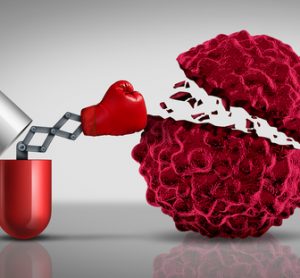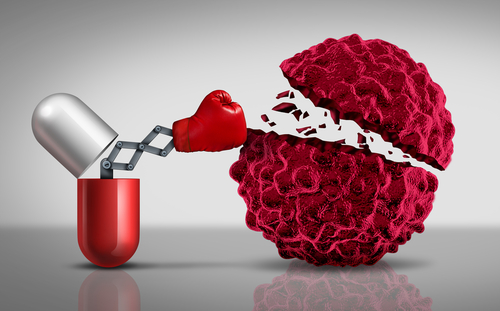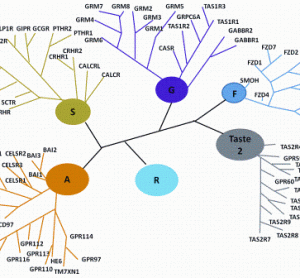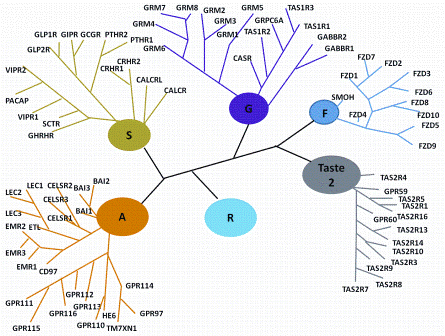The role of proteomics in the development of personalised cancer medicine
18 April 2013 | By Pedro R. Cutillas, MRC Clinical Sciences Centre, Imperial College London
Not all cancer patients, even those with the same tumour type, respond to therapy equally well. An understanding of this heterogeneity at the molecular level is crucial for further advances in the development of cancer therapies. Discerning the mechanisms of cancer heterogeneity will lead to a better selection of the…








